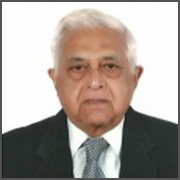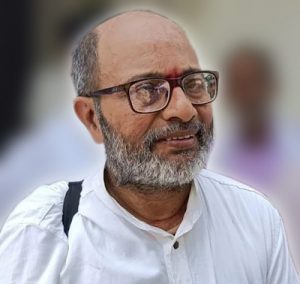
Umabai Kundapur, a courageous freedom fighter hailing from Karnataka, left an indelible mark on India’s struggle for independence and women’s empowerment. Born on March 25, 1892, into a Brahmin family in Kundapur, she was named Bhavani Golikeri during her childhood. At the tender age of 13, she married Sanjirao Kundapur, but her progressive father-in-law, Ananda Rao Kundapur, encouraged her education and supported her pursuit of knowledge.
Umabai’s educational journey was a remarkable feat for her time. With Ananda Rao’s backing, she enrolled in the Annasaheb Karve School in Poona, where she continued her studies until poor health forced her to discontinue her education. Nevertheless, at the age of 27, she completed her matriculation, a significant achievement in Dakshina Kannada during those days.
Inspired by the passing of Bal Gangadhar Tilak on August 1, 1920, Umabai joined the freedom struggle, motivated by the exemplary work of the Congress organization and its volunteers. When Mahatma Gandhi called for the Non-Cooperation Movement on September 4, 1920, Umabai actively participated, promoting Khadi and encouraging women to join the cause. She wrote and performed plays that highlighted the movement’s ideals, spreading awareness and fervor among the masses.
Umabai’s dedication led her to participate enthusiastically in the National Conference of the Congress organization in Belgaum around 1924, where she came into contact with numerous national leaders. Her efforts to involve over 150 women, especially widows who were confined to their homes, in the freedom struggle earned her recognition and respect. Ananda Rao’s house and printing units became hubs of activity for the organization, attracting the attention of the British government.
In 1932, Umabai faced imprisonment for four months during the freedom struggle, enduring the loss of her father-in-law Ananda Rao during her time in jail. Sarojini Naidu’s encouragement and wise counsel helped her maintain secrecy in her activities. After her release, Umabai’s dedication remained unwavering, and she continued to provide shelter and support to underground freedom fighters, even during the Quit India Movement in 1942.
Besides her involvement in the freedom movement, Umabai also engaged in humanitarian work. During the 1934 earthquake in Bihar, she assisted victims alongside members of the Hindustani Seva Dal and collaborated with prominent leaders like Babu Rajendra Prasad and Jeevatram Bhagwandas Kripalani.
Her commitment to women’s empowerment led her to become the women’s representative of the Bombay Provincial Board of Adult Education in 1938. Working with social worker SR Bhagwat, Umabai traveled across Karnataka, Maharashtra, and Gujarat to study and understand the conditions of women in rural and urban areas.
In 1946, Mahatma Gandhi appointed Umabai as the administrator of the Karnataka branch of the Kasturba Gandhi Trust, an organization aimed at empowering economically and socially disadvantaged women. Her relentless efforts helped the trust thrive and uplifted women from vulnerable backgrounds by providing training in various fields and fostering their economic independence.
Despite gaining popularity and being offered various opportunities in politics, Umabai remained true to her principles. She turned down awards, high government posts, and pensions designated for freedom fighters, preferring to lead a simple and humble life as a regular volunteer.
Umabai Kundapur’s unwavering dedication to the freedom struggle and her unrelenting efforts in empowering women showcase her exceptional contributions to India’s history. Her legacy continues to inspire generations, reminding us of the power of determination and selfless service in shaping a brighter future for our nation.



